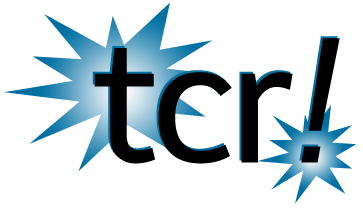Mensch (Yiddish: ×ï¿½×¢× ×˜×© mentsh, from German: Mensch “human being”) means “a person of integrity and honor”.[1] The opposite of a “mensch” is an “unmensch” (meaning: an utterly unlikeable or unfriendly person). According to Leo Rosten, the Yiddish maven and author of The Joys of Yiddish, “mensch” is “someone to admire and emulate, someone of noble character. The key to being ‘a real mensch’ is nothing less than character, rectitude, dignity, a sense of what is right, responsible, decorous.”[2] The term is used as a high compliment, expressing the rarity and value of that individual’s qualities.
In Yiddish, from which the word has migrated as a loanword into American English, mensch roughly means “a good person.” A mensch is a particularly good person, like “a stand-up guy”, a person with the qualities one would hope for in a dear friend or trusted colleague. Mentschlekhkeyt (Yiddish ×ï¿½×¢× ×˜×©×œ×¢×›×§×™×™×˜, German Menschlichkeit) are the properties which make one a mensch.
During the Age of Enlightenment in Germany the term HumanitÄt, in the philosophical sense of compassion, was used to describe what characterizes a “better human being” inHumanism. The concept goes back to Cicero’s Humanitas and was literally translated into the German word Menschlichkeit and then adapted into mentsh in Yiddish language use.
In Modern Israeli Hebrew, the phrase Ben Adam “Son of Adam” (בן ×�ד×�) is used as an exact translation of Mensch.
#timeneverstops

